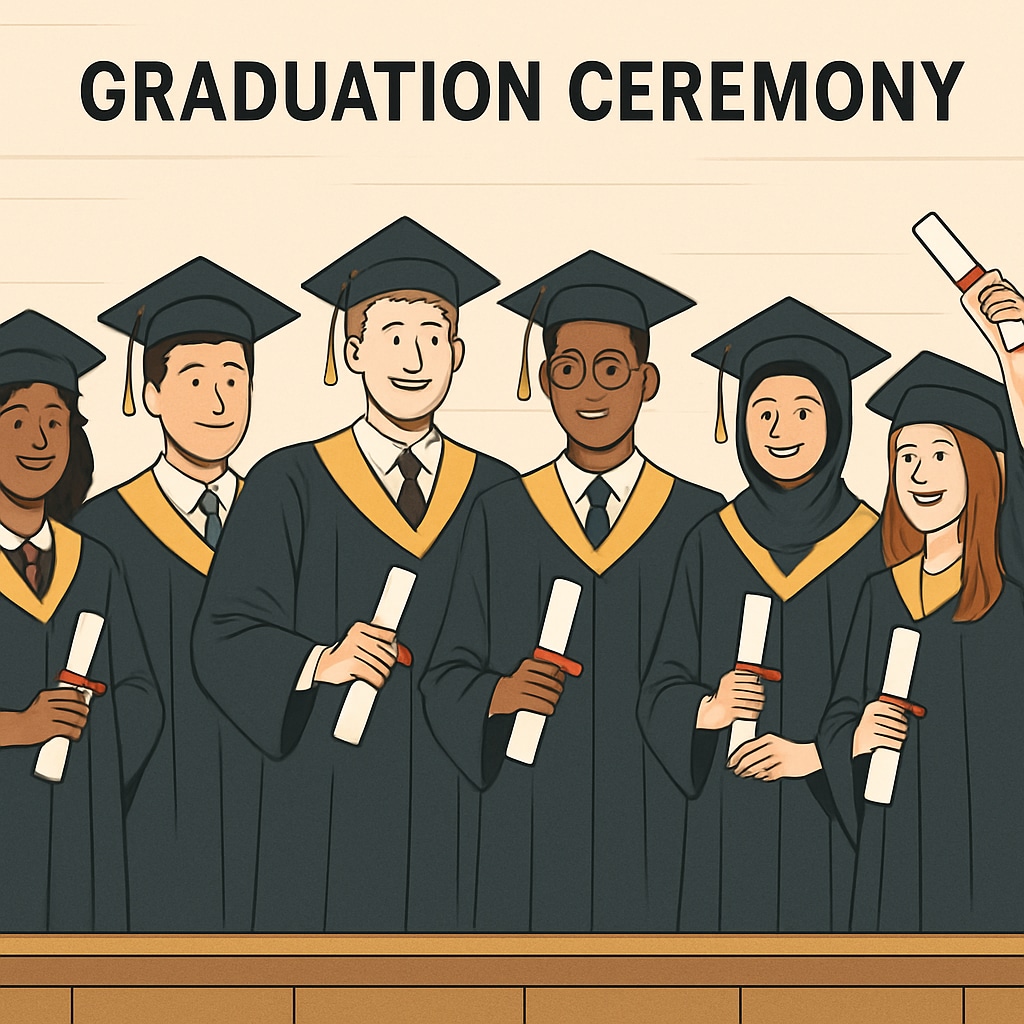Choosing between a modified and standard high school diploma is a decision that can shape a student’s educational and career opportunities. For some, this choice leads to regret, especially when realizing the limitations of a modified diploma. This article examines the differences between these diplomas, why students may regret opting for a modified diploma, and practical steps to address this situation.
Understanding Modified and Standard Diplomas
High school diplomas come in various forms, designed to meet the needs of diverse learners. A standard diploma typically represents the completion of a full academic curriculum, meeting all state and national requirements. In contrast, a modified diploma is often tailored for students who face specific challenges, such as learning disabilities or other educational barriers. While the modified diploma allows students to graduate, it may not meet the prerequisites for certain colleges or career paths.
The main differences often lie in the curriculum rigor and the expectations for coursework. Standard diplomas emphasize core subjects like math, science, and language arts at a level required for higher education or competitive job markets. Modified diplomas, while supportive, may lack this academic rigor, leading to potential roadblocks in the future.

Why Students Regret Choosing a Modified Diploma
Regret over choosing a modified diploma often stems from a lack of awareness about its limitations. For example, some students and parents may not fully understand how this decision impacts eligibility for college admissions, scholarships, or specific career paths. Additionally, societal perceptions of modified diplomas can sometimes reinforce feelings of inadequacy or missed opportunities.
Common reasons for regret include:
- Limited access to higher education institutions that require standard diplomas.
- Reduced job opportunities in competitive fields.
- A feeling of being “different” or “less qualified” compared to peers with standard diplomas.
However, it’s important to recognize that these regrets are not the end of the road. There are pathways to overcome these obstacles and achieve long-term goals.
Can You Convert a Modified Diploma to a Standard Diploma?
Switching from a modified diploma to a standard diploma is not always straightforward, as the requirements for each type are different. In most cases, students cannot retroactively convert their diploma. However, there are alternative solutions to achieve similar outcomes:
1. Enrolling in Adult Education Programs: Many communities offer adult education programs that allow individuals to earn a GED (General Educational Development) or even re-enroll in high school courses to meet standard diploma requirements.
2. Pursuing a GED: The GED is widely accepted as an equivalent to a high school diploma. While it’s not identical to a standard diploma, it can serve as a stepping stone to college or vocational training.
3. Community College Pathways: Community colleges often have open admissions policies, allowing students with modified diplomas to enroll. After completing associate degrees or transfer programs, students can advance to universities.
For example, the community college system in the United States provides accessible education for non-traditional learners. This can be a gateway to a higher education degree or career training.

Practical Advice for Students and Parents
For students currently considering or holding a modified diploma, there are ways to make informed decisions and plan for future success:
- Research Requirements: Understand the implications of each diploma type on your career and educational goals. Speak with school counselors or advisors for clarity.
- Advocate for Yourself: If you believe a standard diploma is attainable with accommodations, advocate for support services such as tutoring or Individualized Education Programs (IEPs).
- Plan for the Long Term: Even if you start with a modified diploma, explore options like the GED or community college to achieve your goals.
Additionally, parents play a critical role in guiding their children. Open communication, proactive planning, and seeking professional advice can help avoid regret later on.
Conclusion
While a modified diploma can be a valuable tool for students with specific needs, it’s essential to understand its limitations and potential impact on future opportunities. Regret over this choice is not uncommon, but it’s also not insurmountable. By exploring alternative education paths and setting clear goals, students can overcome these challenges and achieve success in their academic and professional lives.
For more insights into diploma options and their implications, visit reputable educational resources like Education on Wikipedia.


